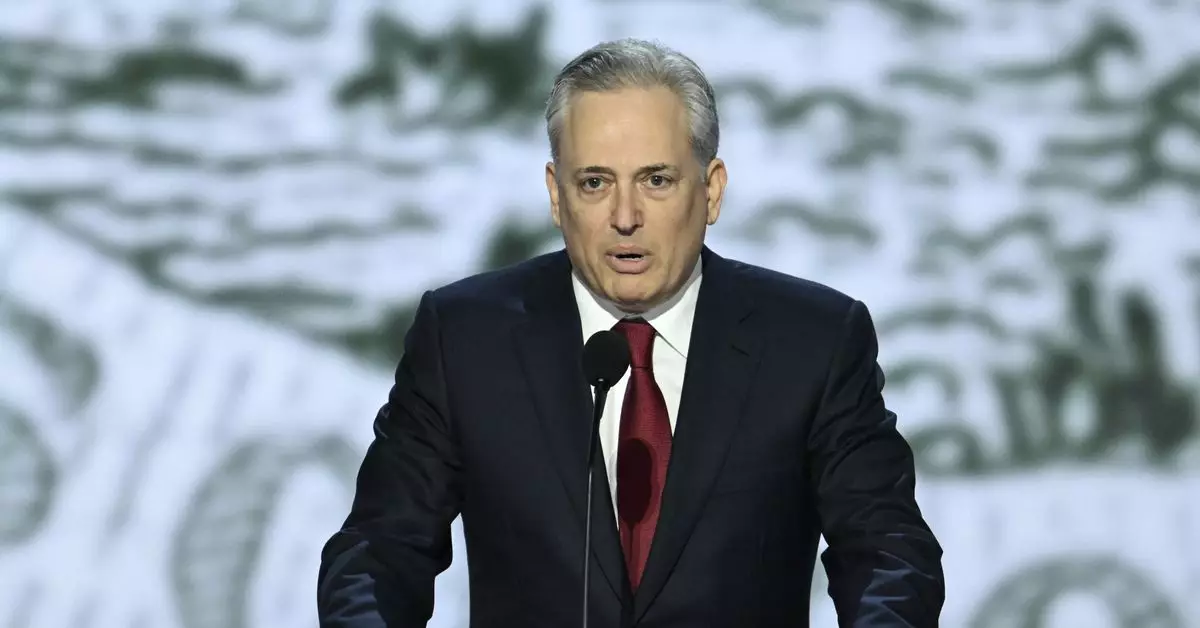The appointment of David Sacks as the “White House A.I. & Crypto Czar” marks a significant shift in the United States government’s approach to these rapidly evolving sectors. With the growing influence of technology in everyday life and global economies, political leaders have begun to recognize the critical importance of digital innovation. By placing Sacks, a prominent figure in the tech sector, in a prominent advisory role, the Trump administration signals its intent to foster an ecosystem that embraces technological advancement while addressing public concerns surrounding privacy, free speech, and regulation.
The selection of Sacks, alongside fellow PayPal alumnus Elon Musk, raises questions about the effectiveness of having industry insiders steer public policy. On one hand, their experiences in the tech world provide a unique perspective crucial for understanding the intricacies of A.I. and cryptocurrency. On the other hand, the potential for conflicts of interest looms large when individuals with significant financial stakes in these sectors wield considerable policy-making power. This duality presents a dilemma for policymakers attempting to balance innovation with the public interest, emphasizing the need for transparency and accountability.
Sacks’ responsibilities will include shaping a legal framework for the cryptocurrency industry while safeguarding free speech online. However, these tasks are not without complexities. The rapidly changing landscape of technology requires a nimble government response, one capable of adapting to new innovations while ensuring responsible usage. Sacks will need to navigate a myriad of stakeholders, from tech startups eager for unregulated growth to established corporations wary of competition. Crafting a regulatory environment that supports innovation while protecting consumers is no small feat.
In an international arena where countries like China are making significant strides in technology, the U.S. must maintain its competitive edge. Sacks’ directive to position America as a global leader in A.I. and cryptocurrency is ambitious. Achieving this goal will demand not only strategic vision but also collaboration with various sectors, including academia, private companies, and non-profit organizations. Building partnerships that foster growth and innovation is vital for maintaining leadership in technology.
As the political landscape continues to evolve, the implications of Sacks’ role extend beyond the immediate term. His appointment could establish a precedent for future administrations, signaling a willingness to integrate tech-savvy leaders into vital government roles. This trend could reshape American public policy, placing a higher emphasis on expertise and experience in technology within government, potentially attracting more professionals from the tech industry into politics.
David Sacks’ emergence as a key figure in the Trump administration symbolizes a critical juncture for American technological policy. His focus on A.I., cryptocurrency, and free speech may not only impact the digital landscape but also redefine how the government engages with tech innovation. As Sacks navigates the multifaceted challenges ahead, the success of these initiatives could leave indelible marks on the future of American competitiveness in the global economy.

